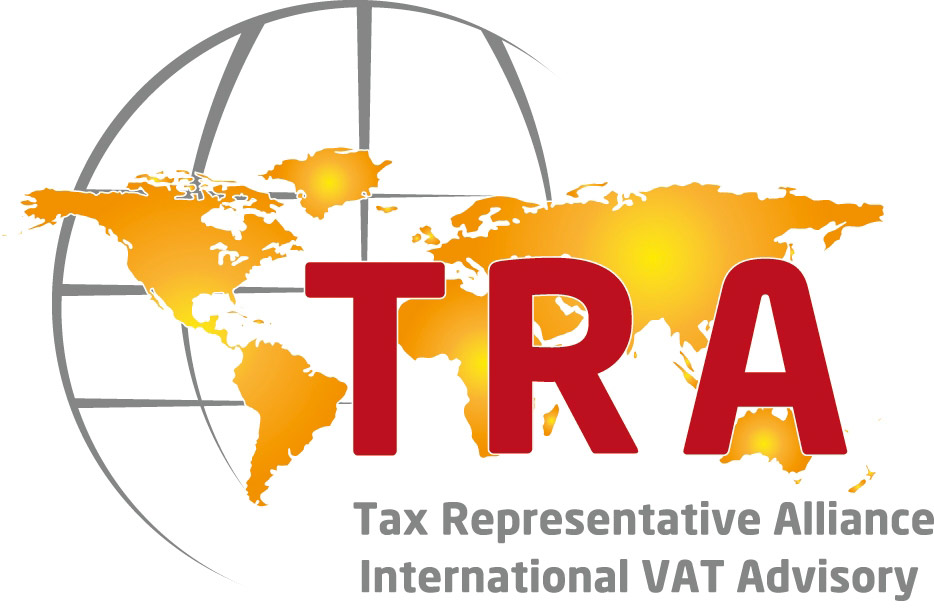The “direct” mode of representation is not allowed by European customs regulations for the import of goods in the name and on behalf of a company established outside the European Union (“EU”)
When you use a freight forwarder, carrier or other person established in the EU to import goods into EU territory, it is very likely that they will have offered to sign a mandate authorizing to act in the name and on behalf of your company according to the mode of “direct” representation. However, this mode of representation is only authorized by customs regulations if the person represented (endorsing the status of “declarant”) has an establishment within the EU.
In the case of a company established outside the EU which imports goods into the territory of the EU, it is necessary to appoint a freight forwarder, transporter or other person established in the EU to act in his own name as “declarant” (“indirect” mode of representation) for the purposes of customs clearance formalities on behalf of the represented company. Indeed, the “declarant” debtor of the customs debt must always be established in the customs territory of the EU (see below).
Who is the debtor of the customs debt?
The debtor of the customs debt is the “declarant” (article 77-3 of the UCC), that is to say the person in whose name the declaration is made (article 5-15) of the UCC). The declaration can be made either in the name of the person represented (“direct” mode of representation) or in the name of the representative (“indirect” mode of representation). In the latter case, the person represented is jointly debtor of the customs debt with the representative acting in his own name.
In “direct” representation mode, the forwarder draws up the import declaration in the name and on behalf of the person represented, so that the forwarder is not himself debtor of the customs debt (only the person represented is debtor). In “indirect” representation mode, the freight forwarder draws up the declaration in his own name, so that he himself becomes the debtor of the customs debt together with the person represented.
Regardless of the “direct” or “indirect” mode of representation, the declarant must always be established in the EU (article 170-2 of the UCC). This therefore excludes the use of the direct representation mode when the importer represented with the status of “declarant” is established outside the European Union.
Customs importer vs fiscal importer
Furthermore, a distinction should be made between the concepts of importer in the customs sense (as the “actual receiver” of the imported goods) and in the fiscal sense (as the person “liable” for the VAT debt due on import). When a company established outside France clears goods on its behalf, it is not necessarily the “actual recipient”, and may have to mandate a person (freight forwarder, carrier, etc.) to receive the goods. In this case, the recipient of the goods designated as importer in box 8 of the customs declaration (importer in the customs sense) is different from the person liable for import VAT (the company represented established outside France and importer in the fiscal sense).
In this case, the note to operators of 25 October 2016 from the Directorate General of Customs provides for the separate mention of the customs importer and the fiscal importer on the customs document:
- in box 8 (customs importer): the person appointed by the foreign company to take delivery of the goods in France (customs importer) as listed for example on commercial or transport documents (forwarder, carrier, etc.),
- in box 44 (fiscal importer): code 1004, FR VAT number of the non-established operator, actual recipient and date of transmission of the customs document
Example: “1004 – FR xx xxx xxx xxx – dd / mm / yyyy”
Who is liable for import VAT?
With respect to the VAT due on import “The tax must be paid by the person designated as the actual recipient of the goods on the import declaration. However, this tax is jointly and severally due by the customs declarant who acts within the framework of an indirect representation mandate, as defined by article 5 of the Community customs code. ” (article 293 A-1, 3rd paragraph FTC).



